List items
-
After getting a handful of games over the Christmas break I spent the majority of my time with Dark Souls, but as soon as I started Arkham City I felt compelled to see it through to the end as soon as I could. With its litany of memorable Batman villains, brilliant plot turns and gameplay improvements since Arkham Asylum, it was an overall amazing experience, one that I will inevitably revisit this summer when I hear the call of all of those uncollected Riddler trophies. That said I'm not sure I'm going to be able to find Nora Freeze or The Watcher without some sort of online guidance, so perhaps some of the sideline stuff could have been better presented. Then again that Mad Hatter thing happened, so I couldn't possibly stay mad at sidequests forever.
-
Oh man, this game. When I said I tried to complete Arkham City quickly I was probably understating, because the world of SR3 sucked me in completely to the point that I couldn't even think about playing anything else. Even when I wasn't enthralled by the crazy story missions or the compulsive task of buying out every part of the city and upgrading my character (who went through so many physical changes and shifts in fashion sense it may as well have been a dozen characters) to a level of godhood, even just pissing about with a VTOL jetbike is something really special. I'm gutted that the story experience of Saints Row 3 is over for me, but it's still something that I'm not afraid to go back to, just to roll with my homies.
-
I guess of all the people that Digital: A Love Story would be targeted at, I am very much a latecomer. Even within this community it has been over a year since the good Paul Barnett brought it up during GOTY discussions, but it took me until a night of hunting down indie story based games (triggered by the free trial of To the Moon, which I'll come too later) to finally play this interactive throwback text adventure thing. I can't say I have a huge familiarity of the era of BBS systems that the game was evoking, but Digital was nonetheless a well told and emotionally impactful tale. I got a little confused by the onesidedness of all the conversations in the game, in which you have to try and puzzle out exactly what your character is saying to the other users in the game, and the interface got annoying at times, but I do not begrudge them as the experience overall was worthwhile.
-
Coming straight off the back of Digital: A Love Story I lept into its spiritual successor, DTIP,B,IJAYS, or Babe for short. In this case the plot did not feel particularly strong for me. The characters however were a major plus, despite the anime style in which they were presented which where kinda really janky and off-putting. Babe tackled relevant themes regarding the future of social media, but not in a way that felt satisfying by the end of the story. The satisfying aspect was getting to know the characters of the school students, but even then the very act of doing this gets tangled up in the bizarre moral premise of the game that leaves fairly confused. Still, in this realm of free indie games between 1-3 hours in length any successes should be valued and praised accordingly, and Babe certainly got some things right.
-
To the Moon is a phenomenal non-game. In fact considering that as it stands at this point my list contains only two entries that can reasonably be considered games, I'm not doing a particularly good job, but I still need to give To the Moon its props. Last year I played the hour long trial after reading Alex Navarro's review and, while throughly enjoying what I played up to that point, put it on the backburner. But after wetting my appetite on the previous two entries, I knew that I had to come back and pay to see this through. And boy was it worth it. Now just so it's clear, the gameplay is shallow and pointless; specifically the tile-flipping stuff. I don't count the walking around and interacting with objects as gameplay because it fitted in with everything else, unlike the baffling cutaways to the "puzzles" you need to solve to move on to the next memory. Every single other moment in the game, every story beat, every musical track and every setting is wonderfully presented and I thank Freebird games immensely for putting it out there.
-
Sequence was pretty great. I'm not sure whether I should feel surprised by this or not; I heard a fair amount of praise for it yet I also got the impression that it was also a game that was pretty hard to care about. I guess never having played DDR gave the gameplay a little spice, as well as my tolerance for item grinding. All in all it was a well realised concept, held together by some brilliant music, soothing visuals and a plot which is completely dumb, but in a nice and endearing way. A lot of puns too, one for pretty much every item in the game. Although I should mention that throughout my time with this game it would crash every half an hour or so without fail, so it may not be the most complete game as of this moment.
-
Jamestown achieved something special in that it made me give a hoot about a bullet hell game. Part of this was the way it handled it's difficulty; gently pushing you up the notches as you progress through the story, making sure you can handle the previous levels at a higher setting before springing the harder stuff on you, eventually building to a final encounter that's both really challenging and really rewarding for those new to the genre. The ascetic style is both charming and impressive, and man does some of the music get you pumped. Still it's good to finally have Jamestown behind me, because the last level was definitely not doing my stress levels any good.
-
I did not enjoy this. I believe that Bit.Trip RUNNER is a bad game. While it starts off as a pleasant little auto-platformer, the later stages of the game become borderline-sociopathic, and leaves you with no tangible sense of accomplishment in the aftermath. The rhythm game undercurrent in this game isn't good either; you don't feel like you're creating music, more that every time you dodge an obstacle you produce a discordant beep to hopefully match the dull background track. If the best music in your music based game is the title theme, and that itself was just lifted from Anamanaguchi, you had better make your gameplay feel like it isn't punishing the player for even trying to proceed. Maybe I'm just bitter, but I am pretty psyched that I will now never have to touch this again.
-
I played very far into Torchlight quite a while ago, but burned out around the 30th floor of the dungeons beneath the eponymous town. Coming back to it recently kind of reinforced why I burned out in the first place. It may well have been that I just plain built my character wrong, but the final boss shouldn't really take a good 15-20 minutes of clicking on it to beat. Not even Diablo himself put up that much resistance. I appreciated Torchlight though; I imagine that I will go back to it in the future, maybe when I finally find out for certain that D3 doesn't run well on my laptop. Although I would definitely need to get a better mouse first, because it can only take so much punishment.
-
Once again, Paul Barnett talkin' 'bout GOTY stuff led me to try out something, and I'm starting to get the feeling that he's got a pretty damn good handle on this sort of thing. While not a particularly long game, Dig-N-Rig provided a solid engaging distraction, appealing to my base instincts of destroying cliff faces and harvesting the goods within. There is something almost bizarrely satisfying about totalling a large rock formation causing it to burst forth in a multitude of colours, and then watch your conveyor system carry them away as your numbers go up and you go deeper. Sure it's short, it has no replay value and wasn't particularly challenging, but it kept me entertained and cost me nothing. Perhaps I let games get off easy when judged by those criteria, but I can say with no doubt that Dig-N-Rig isn't getting away with anything. It was a little blast.
-
I was a sceptic at first going into Blocks That Matter, not sure if the sort of goofy sounding "Tetris meets Minecraft meets Boulderdash" premise could actually hold water but luckily my fears were not grounded. It did suffer in several ways; it takes a good while to learn how to solve the puzzles well and when you finally do the game becomes very unforgiving very fast. On several occasions I found myself pounding my head against a puzzle for a long time, sometimes loading up the game multiple times but never progressing past a particular level. Although it took real perseverance I'm happy to have played and completed Blocks That Matter. I'm not sure I'll be going back for the fiendish bonus levels though.
-
It was about 3 years ago when I finally put down Justice for All. It was an amazing experience, just as the first Phoenix Wright had been before it. Why did I never pick up Trials and Tribulations? It was probably due to the limited print run in this country, and not seeing it whenever I went looking for games I just gradually forgot about it. But then I remembered, and I'm so glad I did. Trials and Tribulations suffers from the same problems the previous ones did; infuriatingly linear investigation sequences, not being able to freely express your ideas and theories, and one or two slightly unbearable characters (Larry Butz continues to live up to his name). Still, to anyone who enjoyed the first two games, none of that should be the slightest issue. The existing cast held a special place in my heart which the reasserted with gusto, and the cases build up in such a way that the finale had me reeling from some of the turns and callbacks they pulled out of their sleeves. Sign me up for Apollo Justice sometime soon, because I'm back on the Ace Attorney train for the long-haul.
-
I really don't know how to feel about this game. Visually it is absolutely breathtaking, and that is in no way hyperbole. The voice acting is strong, the music impressive... and yet the game play is lacking and the plot was about as penetrable as the ancient Judaic scriptures on which it is based. It felt silly at some points, enthralling at others. It also felt far too short for what it was trying to achieve; I was starting to see some nuance in the battle system just as it threw me into the final string of bosses, which were themselves unimpressive compared to how the story was originally set up. Fundamentally I would say that El Shaddai is a game you should definitely see and take in. You just may not feel too comfortable in your position behind the controller while it happens.
-
I went into Apollo Justice knowing full well that I was likely to be at least slightly disappointed - it's hard to miss the amount this is brought up by fans of the series. And I would be wrong if I said that I wasn't disappointed in the end. All of the hallmarks of good Ace Attorney gameplay are here, but the new element of Apollo's perception ability doesn't feel like a great addition. One of the cases in the game is easily the worst in the series, forcing you to endless view the same mediocre 30 second FMV, and most of the new characters feel weak. Phoenix Wright steals the show and in many ways that is exactly the problem. If they wanted to move the series in a new direction building the game around an older Wright was not the way to achieve it. This was a game that I don't regret playing, but I still feel a little down about how the whole experience turned out. I guess waiting this long to play it may have softened the blow.
-
After being told for ages what a broken and mediocre game Alpha Protocol was, I ended up enjoying it to a shocking degree. Yes, the gameplay was completely broken. By specialising in Stealth and Pistols I was basically Predator, but with the ability to stop time. The characters and dialogue were really good and allowed me to feel a real agency with the story unhampered by any real gameplay challenge outside of the harder hacking and lockpicking challenges. I really enjoy and appreciate Obsidian's work, and it'd be a shame if they were not able to produce more well written (and hopefully not buggy) games in the future.
-
One of many entries on this list that all reasonable people played and completed years ago before leaving forgotten, I was late to Mirror's Edge. It's a competent game. Mostly it's a game that's hard to have any strong feelings about which is a bit of a shame. The gameplay was fairly fluid if you could be skilled enough to pull it off, skill which I was often lacking and lead to lulls in flow and progress. The most interesting part was some of the encounters with groups of enemies, which felt more like puzzles than fights as Faith had to find a path around the room that could effectively keep her alive as well as neutralise any men actively blocking her path. It was truly a game worth playing, but I know I would have come away with a sliver more enthusiasm if I had played it when it was new, rather than after having heard all about it for years.
-
Where was the Bass career Harmonix? Why would you not implement a Bass career the first time around?
Why?
-
I completed Fez. Well... I didn't get the 202.6% completion or whatever you gain from collecting every single anticube, but I did my darnedest. I have pages of schizophrenic looking scribblings to attest to this as I tried to crack the several codes that lie beneath this puzzle platformer's simple facade. The actual matter of getting a 32 cubes completion was a simple and enjoyable jaunt around a visually exciting world, but it's no secret at this point that the true meaning of Fez is the backtracking and the piecing together of different clues to truly unlock the world. And I never deciphered the language. But I've got enough out of this game that I don't really mind leaving a small bit of it untouched for now.
-
I'm not sure what there's left to be said about Katamari games at this point. They have really become this ubiquitous thing since Katamari Damacy that I somehow managed to avoid until now. Not deliberately of course, the corse gameplay principle of these games has always sounded like one of the most mindlessly fun mechanics imaginable, I just never got to play it out of circumstance. So when I got my hands on Beautiful Katamari I got my dose of the experience, and probably my fill of it at the same time. It was a lot of fun, but I can see how after playing one of these playing another wouldn't seem all that different. Maybe I'm wrong, but regardless I'm glad I got the chance to play this after so long of merely hearing of it.
-
AC Brotherhood was kind of a mixed bag for me. While the Assassin training and city building kept me entertained, the plot felt really poorly paced compared to its predecessor. I ended up walking into the end of the game convinced it couldn't really be the finale, because the events leading up to it had been so disjointed and not really fleshed out. The issues with the plot aren't just reserved to the Animus stuff either; the ending is bad. Super duper awful. So while the gameplay was what I expected from an Assassin's Creed game and I had my fun with it, I didn't come out of the experience feeling it was a well constructed game. It leaves me wondering whether the series can really keep going at the pace in has been.
-
I picked up The Walking Dead with the "change" in my Microsoft Points wallet, and sat down for a session with it. When I walked away from it I was impressed and left hungry for more. While short, the game sets up a premise and gets you into the heart of a story with remarkable efficiency, allowing you to get attached to characters within 30 minutes of meeting them. Tell-Tale have done well to integrate effective adventure game mechanics as well; the set piece in the motel parking lot was one I felt was particularly impactful in how it controlled and how it conveyed your position of (little) power in comparison to the zombies. I'll be following this series as more episodes are released, because I assume there are a lot of different things that the writers want to try with this premise.
-
It took me a while to get around to Renegade Ops. I knew the team behind it was of Just Cause 2 pedigree and my appreciation of that game was a major factor in my decision to play it. I ended up getting through the game very slowly, playing one stage every 3 weeks or so, mainly because as well made and interesting as the game is it wears you out fairly fast. Once I was done with a mission I wouldn't have the desire to progress and instead just banked the progress and moved on. A personal issue really that I'm not sure entirely fairly reflects on this otherwise competent twin stick shooter, but the mixed feelings I'm left with are definitely sticking around.
-
Eternal Sonata is a mechanically great game.
Sadly, Eternal Sonata as a complete experience is absolutely atrocious. You may think the premise of a game where you play as composer Frederic Chopin is interesting, and while the musical score is phenomenal Eternal Sonata suffers from every single deadly sin of JRPG story telling and characterisation. A bunch of one dimensional rag dolls stumble through a half built world following a plot that manages to be at times sickeningly generic and at others infuriatingly obfuscated. By the end the only thing pushing me through the game was the clever combat system and the sound design but the final 30 minute plus sequence of cutscenes was the rotting cherry on top of a cake bade of dirt and twigs. This game deserved much better than this treatment which makes me as sad about it as I am mad about it.
-
I stopped playing Deus Ex HR for what I'd thought would be for good. I'd been playing as a stealthy pacifist and things were going fine until I reached a major boss fight in the middle of the game. A boss fight I had no realistic way of defeating with my chosen build and had saved myself into a corner on. A boss that, when I tried to play the game again several months after giving up on it, I managed to beat only by glitching them half way into a wall.
So needless to say I believe that this game had some glaring problems with it. But I still appreciate the moments where it did work. The game's arc was well realised and I really enjoyed the conversation boss moments, so I definitely can't call it a bad game. Hell, it's probably a bit better than average too.
-
The circumstances surrounding Child of Eden, including the high initial price point and being associated with the Kinect don't really do it justice. Rez was an amazing, lasting experience and its spiritual successor pressed all the same buttons for me. Mechanically it's deeper, play being enchanced with the two weapon set up and timing based scoring that encourages you to go back to levels again and again to improve your ranking. Visually it's beautiful, and if although the only music is remixes of Genki Rockets tracks I didn't find it particularly lacking. I hope with time Child of Eden is remembered with at least some fondness and not forgotten, as is the case with many relatively unsuccessful but enjoyable games.
-
I'm not really one for survival horror games. I'm kind of a coward, really. Thankfully Alan Wake treading a line for me where it remained enjoyable through its atmosphere, of which it has plenty. The cues it takes from the first two Max Payne games are clear in its characterisation, while its plot and setting were intriguing from the get go. The main conceit of Wake coming across manuscript pages prophesying the game's story carried it all the way to the end for me, drawing me deep into the world. This is a game that I really liked with a few major reservations, including the sometimes heavy handed product placement to the lack of enemy and environmental variety, but these faults are forgiveable in the wake (sorry) of such a rich and rounded experience.
-
While I play very few modern combat first person shooters, I had heard of Bad Company's personality and decided to see how it held up. To get the negativity out of the way first, there were several points in the game where the game didn't cooperate. Specifically, any sequence involving enemy helicopters. Not only was I caught short numerous times in areas with no cover and getting mowed down as a result, but a scripting error in the final stage of the game resulted in me being part of an ultimately pointless 20 minute fight with an invincible chopper.
But putting the gameplay aside, Battlefield Bad Company had a charm to it not much seen in games of its ilk. While the characters may fall into familiar archetypes, the way they interact throughout the campaign added a great amount of levity to what I found to be a bit of a standard shooter slog.
-
If I was asked to describe Red Faction Guerilla in a single sentence, I would say that it was a great concept stretched out too thin over too much ground. Thankfully I have several sentences at my disposable, so I can elaborate on the finer points. I love destruction physics, stemming back to my youth playing Worms, and some of the set pieces and weapons available in the game provide incredibly satisfying tactical demolition opportunities, including one memorable mission that allowed me to stealthily kill all of my enemies by collapsing a skyscraper on them. These fantastic moments are sadly separated by long stretches of uninspired driving and combat gameplay which serve little other than to kill the mood. The sandbox approach taken here was ambitious, but ultimately left me with a bitter taste in my mouth.
-
I suspect many of those who played any of the Trials games would perhaps agree that it is sometimes a bit hard to articulate why exactly you would enjoy a game that intends on deliberately antagonising and frustrating the player. Evolution starts off fairly simply but before long you find yourself retrying a course for the 30th time, grip ever tightening on the controller as you continue to botch a bunny-hop and crash into a concrete pipe. The crux of the Trials experience is that release of tension when you finally do overcome the many metaphorical and literal hurdles it places in front of you, to the point where completing it felt like a gigantic weight off of my mind. Except no, I did not complete all of the Flatliner stages. That was never part of the deal. Please don't make me go back I'm begging you.
-
Recently when I showed my friend the first few levels of Rayman Origins as played with the experience of having finished the game he commented on how little sense it makes that people still consider Mario a good platforming series when this is the competition. I think he really hit the nail on the head. Rayman Origins is an extremely well crafted game; stylistically gorgeous, an absolutely killer soundtrack, really fluid gameplay and a difficulty curve that takes so from a novice to a savant by the final level with little pain and frustration. 2D Mario platformers have played the same for over two decades, while Rayman Origins is a world away from it's predecessors. We need more of that going forward, across every genre, and I applaud this game's ability to demonstrate that so clearly.
-
I have a complicated relationship with Final Fantasy games. I have always preferred the offshoot games like Tactics and have a lingering distaste for the popular 3d FF titles (I like 9 though. Remember 9? The charming one?). So you wouldn't be mistaken if you thought I wasn't the main demographic for a nostalgia-driven Final Fantasy centric rhythm game. I guess I was drawn in because it's such a strange choice by Square Enix to make this sort of game and I had to know for myself whether the concept worked. And it did! Theatrhythm effectively plays up the consistently great music of the FF series by applying an interesting rhythm game mechanic reminiscent of Elite Beat Agents. Also admirable is the way that the characters the originated from conflicting design choices have been brought into the same world in such a charming, simplistic game. It's definitely not for everyone, but it does well to suggest that more series might benefit from giving their iconic music the rhythm game treatment.
-
Continuing on a rhythm game binge, I picked up Rhythm Heaven for a cool £3 before going on holiday this year. A very hot holiday, one that involved a lot of sheltering from the blazing sun inside our apartment, where I would dive in to this bizarre and charming world. The gameplay premise is incredibly simple, all focused around the three principles of tapping, holding and flicking, but the scenarios of the many mini-games keep these fresh throughout. There were several prominent difficulty walls I hit; notably the games centred around tapping on the back-beat, which while you'd probably not think would be a big deal ended up completely flipping the script for me. Despite my own occasional incompetencies Rhythm Heaven was nothing short of brilliant and something I hope will find a future on the 3DS.
-
It's been said elsewhere, but I think it is extremely accurate; Dark Souls is probably the best videogame story never told. It starts you off with a 3 minute cinematic cut-scene explaining the premise and a short tutorial section introducing the basic mechanics before flinging you head first into the world. A vertically daunting world, with no obvious paths to follow to simple goals, the road through Dark Souls is one of learning and discovery, not only of your characters powers and limitations but of the environments around you and how they implicitly tell a story of much greater scope than you'd realise at a cursory glance. My first run through Dark Souls was at times clumsy, frustrating and triumphant, and once I was done I was ready to go straight back in to use the experience and knowledge I'd gained. Some might say that Dark Souls is overly punishing, but I'd argue that overcoming the punishment is an amazing reward.
-
For how much I like Professor Layton, I am woefully behind on it. It's sometimes hard to believe the franchise has grown as large as it is from it's beginnings in Curious Village, so I was determined to finally get around to finishing Unwound Future in an attempt to catch up. By the end, I felt disappointed. Unwound Future is by no measure a bad game; the puzzles still work, the world and characters still have their charm, but it was just that the entire time I couldn't help but feel that I'd already done this all before and it had been better. The direction the plot ends up taking in particular left me a bit sour. I really wanted to like this a lot more than I did and that has shaken my faith in continuing with the series, because I'd rather hold on to the affection I have than be disappointed again.
-
I get the feeling that a lot of people went into Rock Band Blitz so focused on the Rock Band name that they didn't realise what a deliberate return to basics it was supposed to be from the kind of dead and bloated plastic instruments rhythm game scene. More in keeping with the PS2 era Amplitude and Frequency, RB:B gives you control of all instruments at once, with each represented as a two-beat lane that you switch between in order to increase multipliers and score big. As someone with a Rockband song library saved on my console I figured this would be a nice little way to make the most of it, and it didn't disappoint. Once you familiarise yourself with the systems at play (And it's a lot easier to pick up than the 5-note system of the Rockband games) there's plenty of fun to be had just jamming along to your songs. The included songs are pretty good too, although the amount of times I've played through Shout by Tears for Fears without getting a Gold Star in it is pretty shameful.
-
This one is going to be a bit hard to talk about, mostly because I came back to complete it after leaving it for years, loitering at about 110 of the 120 stars necessary to access the final level. And going back to it I immediately realised why I had left it, because I had already got all the stars I actually knew how to get. On top of that, years of disuse had led me to forget most of the games tricks, so the time I spent this year completing Crayon Physics was spent crudely brute forcing 10 of the game's trickier puzzles to make up the numbers. It was and is a neat little game, but it had me dead to rights in that I don't have quite the necessary competence with mathematical mechanics or geometry to cut it in the late game. And yeah, it probably wouldn't be the sort of game I'd go back and wilfully complete without this completion endeavour to spur me on, so I'm not going to hold anything against the game, other than a couple janky moments with the rope and pulley systems.
Sometimes I'm just bad at videogames.
-
While it's no Super Meat Boy in terms of scope, Dustforce did good in showing that the fluid indie platformer has legs. Starting easily enough on stages which are designed to teach the player the importance of swiftness and finesse, Dustforce eventually builds to stages hard enough to rival the late stages of Meat Boy's main game. It doesn't have the frustration factor though, and the open hub world lets you pick and choose stages as you wish, which combined with the really chill soundtrack makes for a very approachable experience. While a greater variety of environments wouldn't be amiss, and perhaps better explanation of the differences between the playable characters upfront, Dustforce is a game I have no reservations recommending to anyone who thinks they might like it.
-
Ask me anything about Metroidvanias. I have completed every Metroid 2D Metroid since Super Metroid, Every 2D Castlevania game since Symphony of the Night, and a couple of independently produced titles on the side. So naturally when I heard about Dust: An Elysian Tail I was straight in there. It has many of the genre's hallmark features yes, but that is largely irrelevant in contrast to the game's themes and character. It's use of charismatic and fun anthropomorphised animal characters may seeing jarring juxtaposed with a dark redemption tale tackling genocide and ethnic cleansing, but if anything that's what saves it from being too dark and too intense. It faces these themes with intelligence and sensitivity and while in some cases it may not entirely follow through on some themes it does a better job than many others. The gameplay is fun and rewarding yes, but that's not what Dust will be remembered for. It will stick with me as one of the increasing number of games in the past few years that has started getting storytelling right.
-
Are Nolan North's talents a blessing or a curse? His ubiquitous nature is certainly an issue, because from the opening cutscene it seemed plainly obvious to me that Nathan Drake had swaggered into the scene carrying with him all his adventurous energy and lady-killer charm. Prince of Persia kept it real though, as it thankfully left behind Drake's predilection for murdering an entire army's worth of people in favour of exploration and acrobatics. Prince of Persia is an attractive game, and certainly feels very fluid and stylish, and the character dynamics between the prince and princess work well, but there was a clear issue throughout. The game is extremely easy. The paths you need to take are clearly laid out for you, the controls used to navigate those paths are very simplistic and the combat is barely engaging. You can't even really fail the game, as anything fumble or fall or defeat results in your immediate ressurection. There is pleasure to be had in Prince of Persia, but if you go into it wanting to be challenged on any level you will be left empty-handed. I imagine there is a very real audience for that experience, but was that audience ever going to approach Prince of Persia in the first place?
-
Even now I'm not sure exactly how I feel about Borderlands. I understand that it's a primarily multi-player game that I ended up playing alone, but I'm not sure my misgivings about it stem from that. Borderlands felt empty. To give what is probably not a fair comparison, Diablo II was set in a richly and carefully constructed world that had enough character to carry you through it as a lone adventurer. But Borderlands was just deserts. Flat deserts and hill deserts and a mountainy sort of desert and some metal buildings that happen to be found in a desert. And the motivation for all this desert wandering is a textbook excuse plot. Borderlands shines in its weapons systems, and all in all the majority of it's gameplay is incredibly solid, but I just don't believe it used all of that well enough. Then again, maybe the multi-player really seals the deal. As someone who almost never plays that way, I probably miss these sorts of things all the time.
-
I've owned Forza Motorsport 2 since I got my 360. I've played it on and off since then. Determined to learn it's ways. Determined to in some small way claim victory over it. On the first disc I owned, one of the most common tracks in the game was corrupted. On the second the game hard-locked if it ran for more than an hour at a time.
You could say that Forza 2 became my white whale.
And a real problem with going about "completing" any game without a story is that sometimes they don't seem to want to be completed. Forza 2's career mode was a textbook case of this, as the final set of races were all endurance races, 40-50 lap marathons that could take up to 90 minutes of real time to complete. And you had to do that without crashing, because the damage modelling meant if you even slightly messed up your engine then you were screwed.
Needless to say eventually I just decided that completing arcade mode counted.
-
Once you're done asking me anything about Metroidvania games, feel free to move on to Picross. Initially discovering it when I bought the Japanese SNES game on the Wii virtual console, I became hooked, eventually working my way through Nintendo's entire Picross back catalogue. And when I discovered one fateful day that a new Picross game had been released on the 3DS store, it was an immediate purchase. I'm not sure how helpful this review could even be as it'd make as much sense as someone trying to convince you to like Sudoku or cryptic crosswords out of nowhere. I get an unexplainable joy out of solving little puzzles to make 8-bit pictures. It's like a drug. You gotta help me man. I completed every puzzle in this game and now I have no more left to solve and it's killing me.
Wait, you're saying another one is coming out? Plug that sweet stuff right into my veins.
-
If you were to ask me which of these games I felt that I completed most out of sheer obligation, it was Dragon Age. I wanted to give it a chance to tell it's story. It felt unfair to judge it as an incomplete experience. But I regret that. I regret it because Dragon Age is in no way worth the amount of time and effort it takes to play it. It starts with promise that over time just gets muddier and muddier until you're left with just the most boilerplate fantasy not quite action not quite RPG game out there. And that's really disappointing, but it shouldn't have been a surprise. I guess I went in to it expecting something comparable to Knights of the Old Republic, which itself didn't have particularly good gameplay but was saved by setting and character. Dragon Age, for a game released so much later, feels like a step backward from that as it fails in both of those regards.
It's a real bummer. But I didn't go into this endeavour expecting every game to be sunshine and roses. Every one of these is a learning experience in it's own right and Dragon Age was one of the most important of them all.
-
-
-
-
-
-
-
-
-
-
-
-
-
-

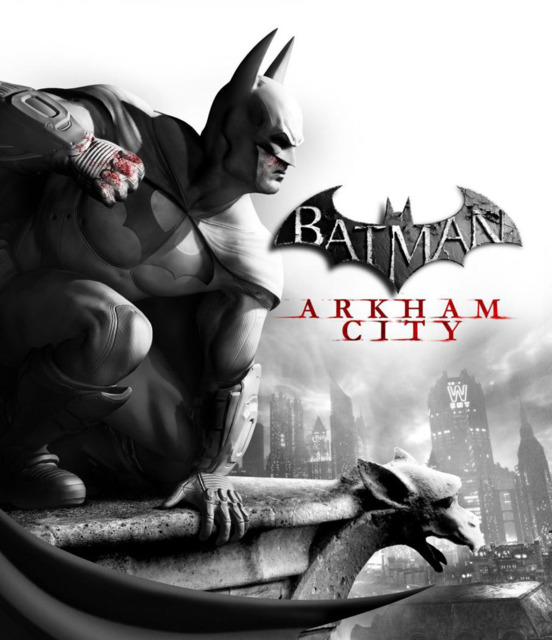



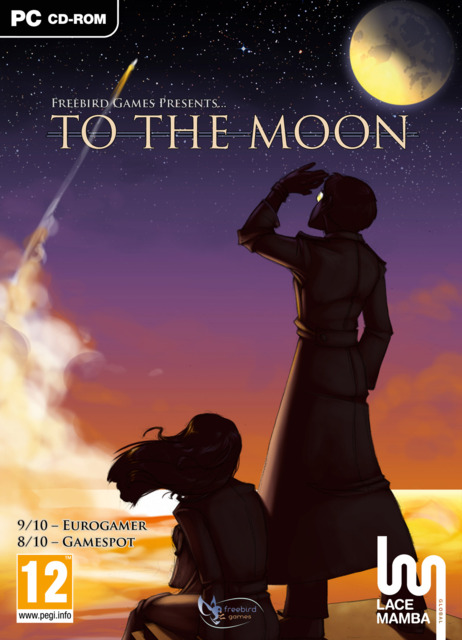
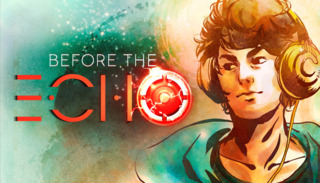
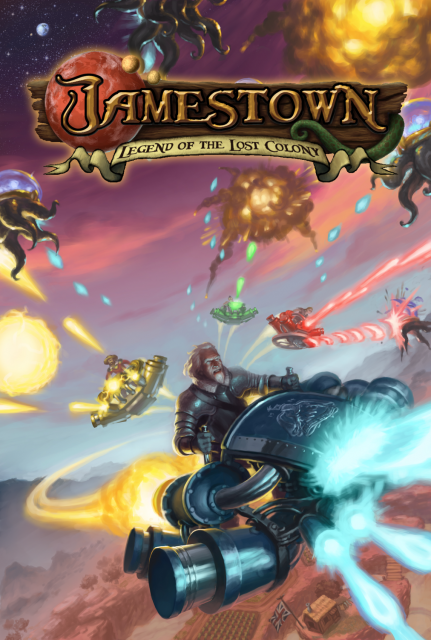
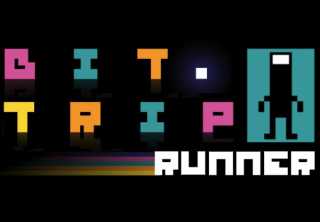
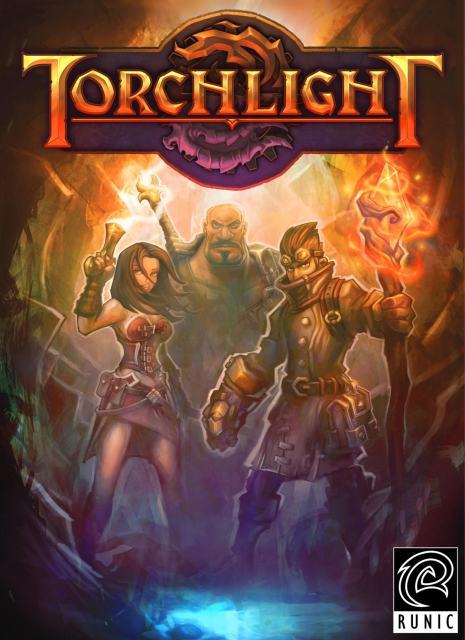
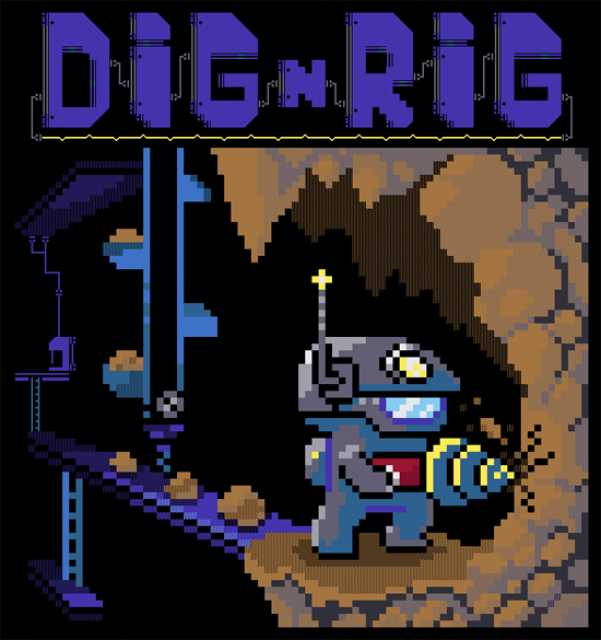
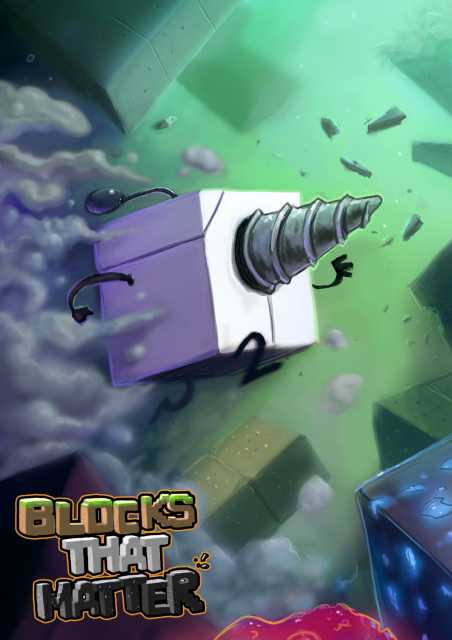
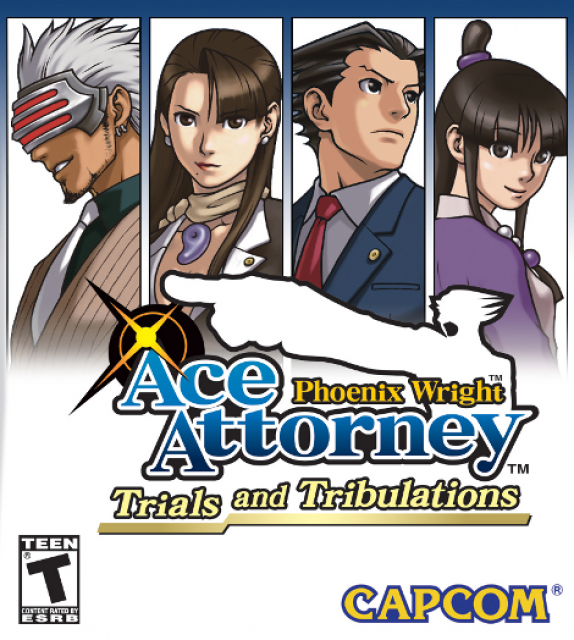
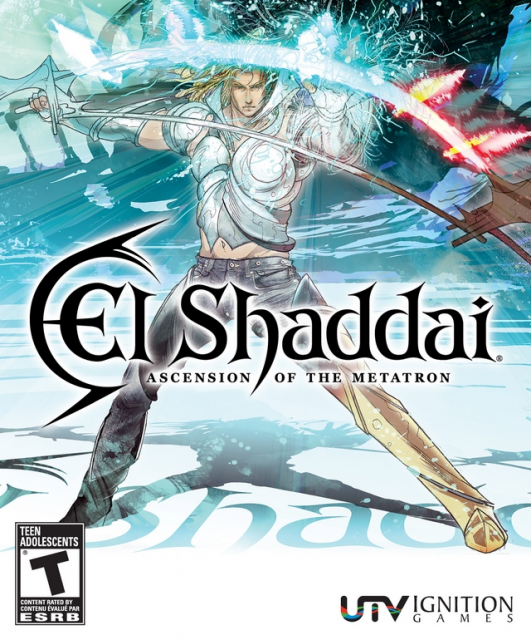
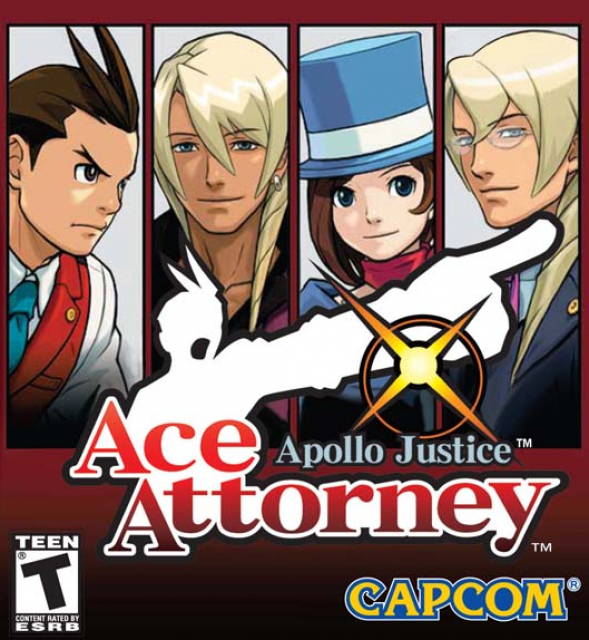
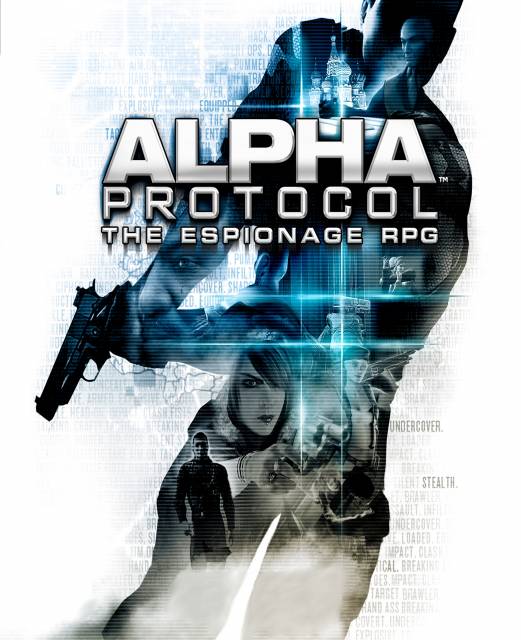
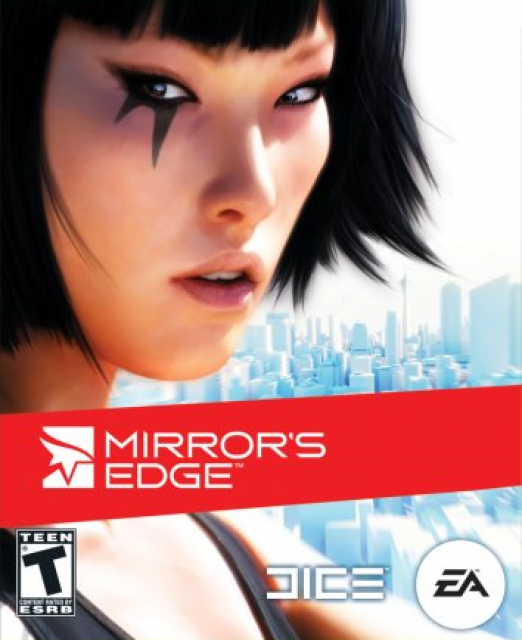
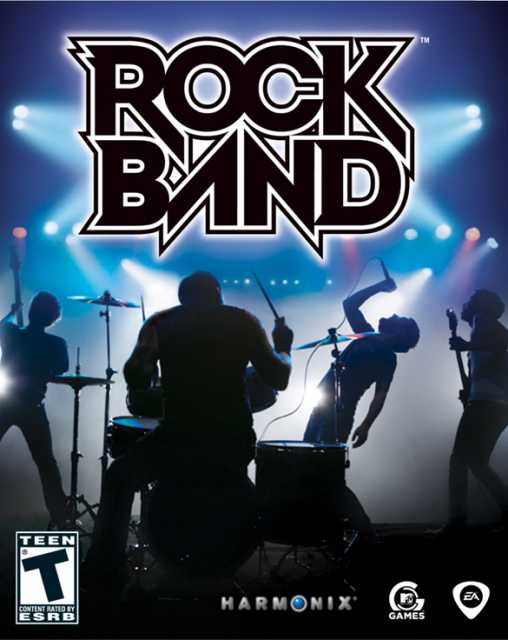
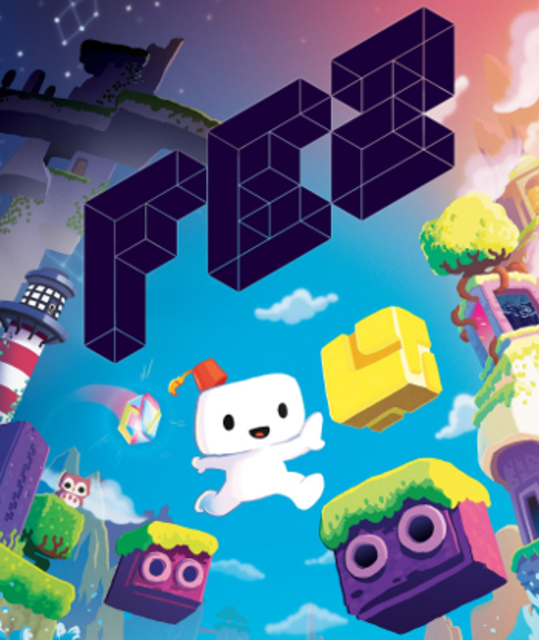
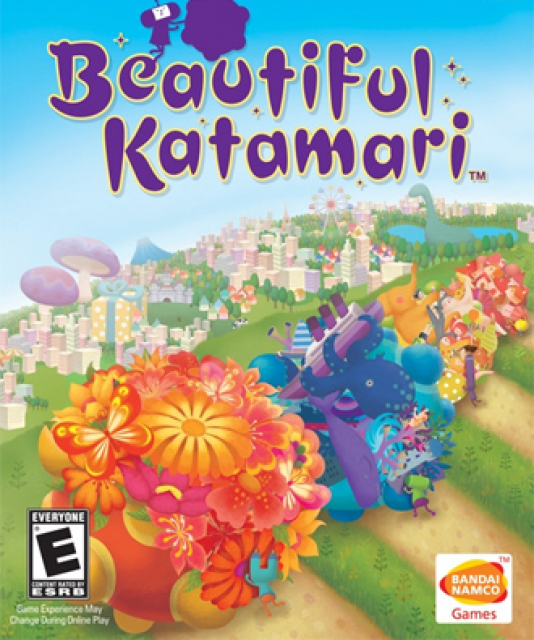
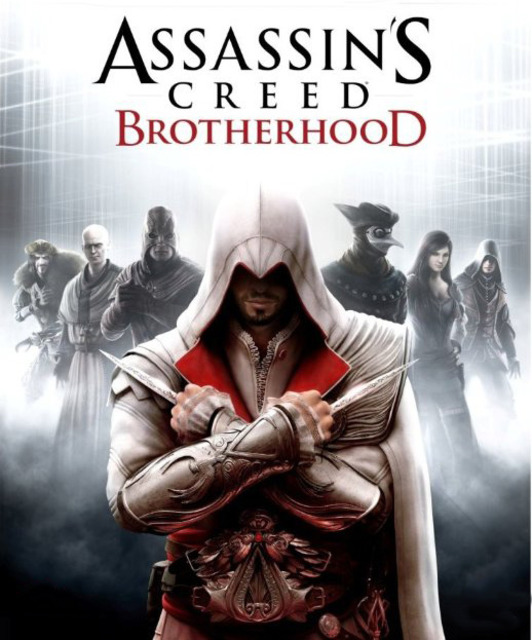
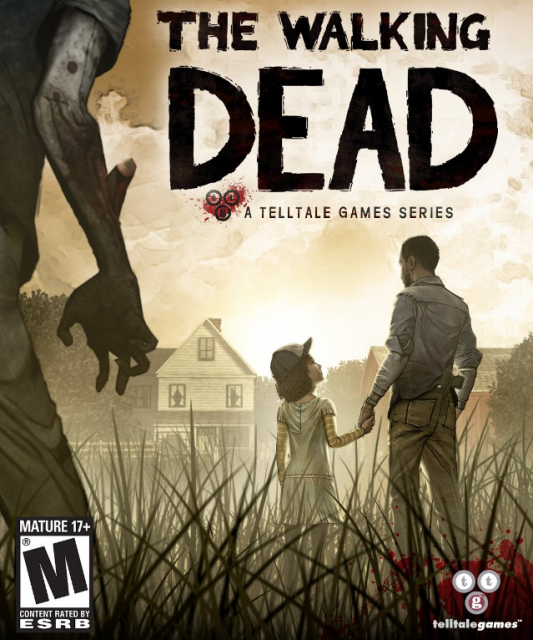
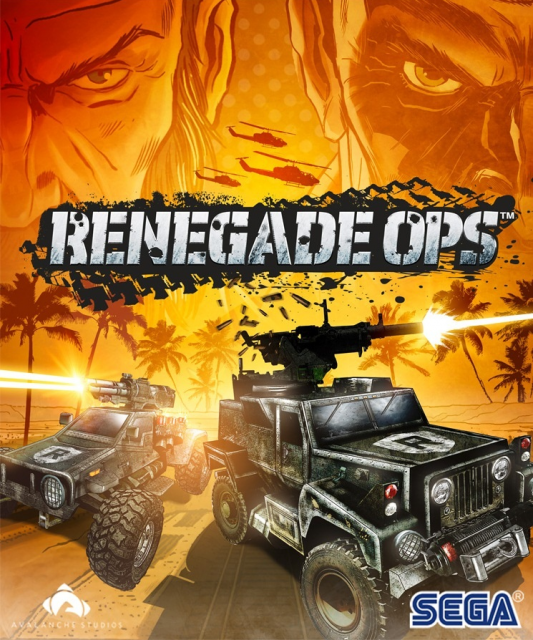
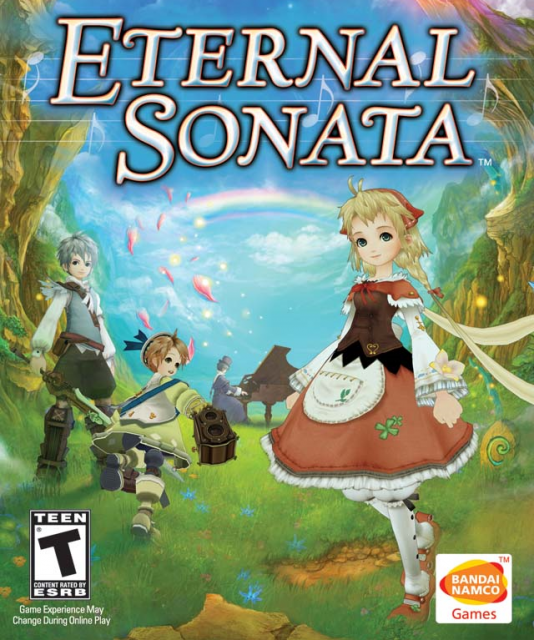
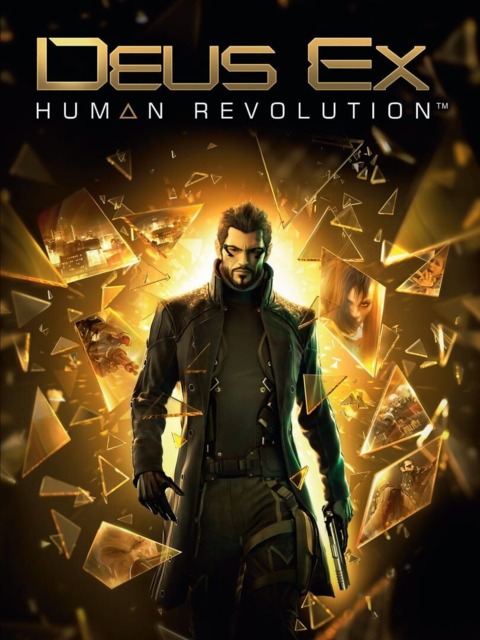
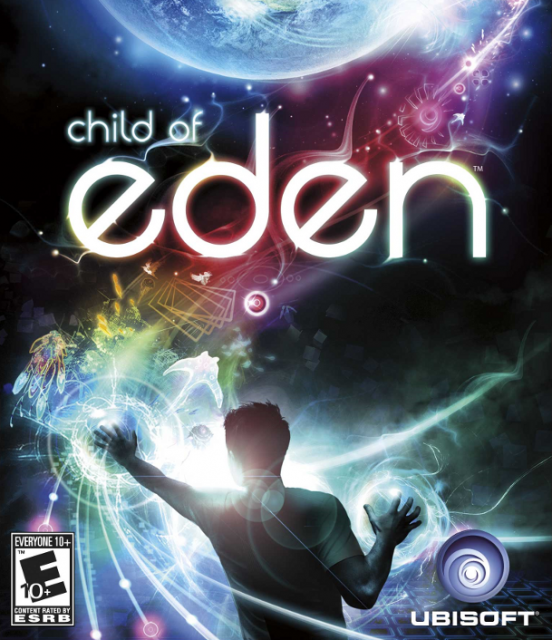
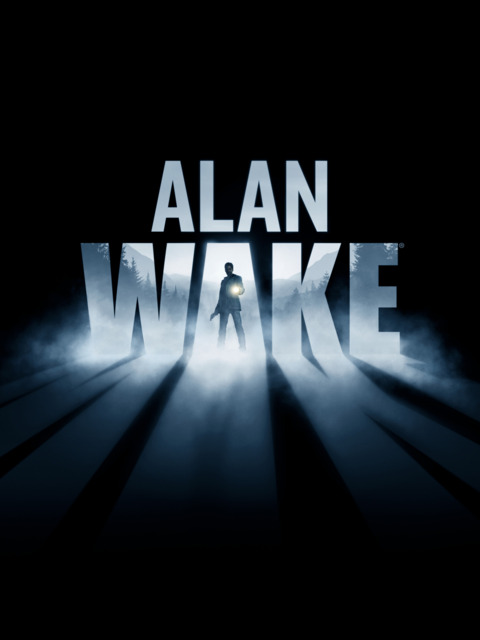
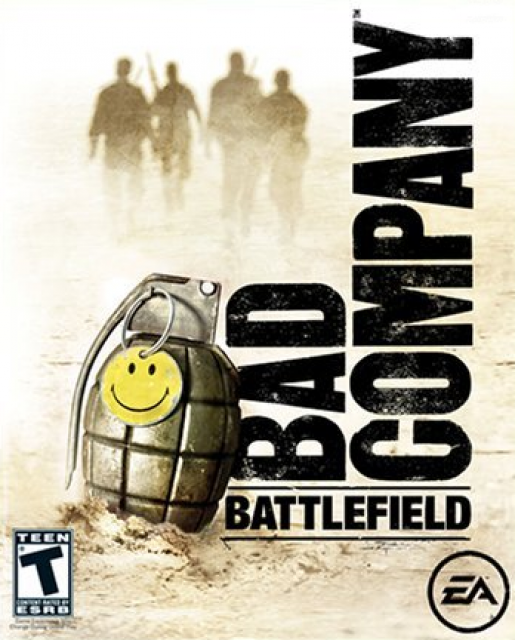
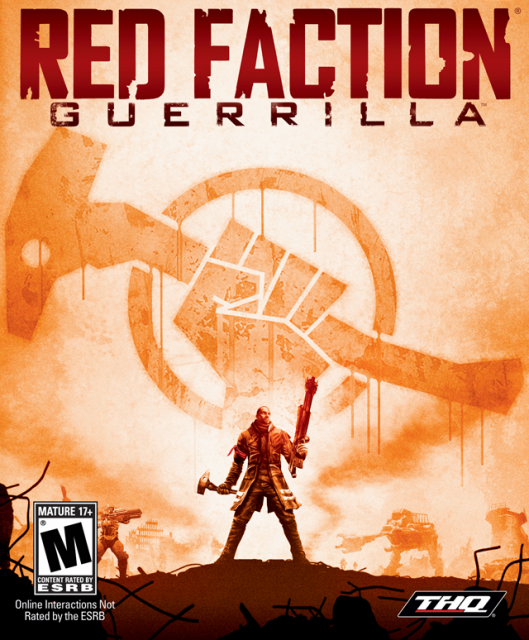
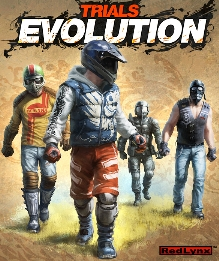
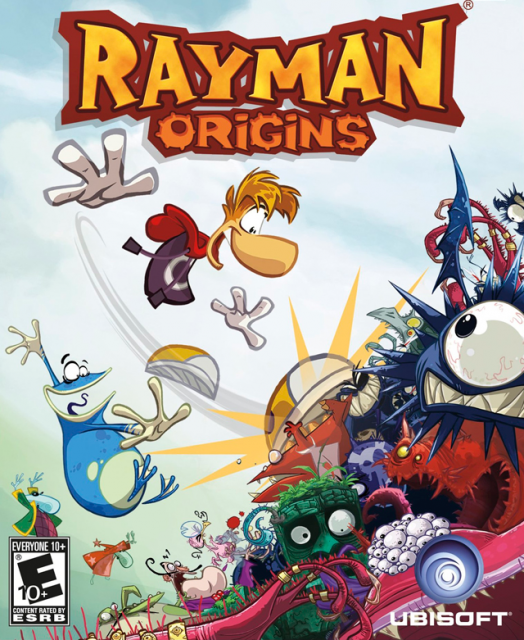
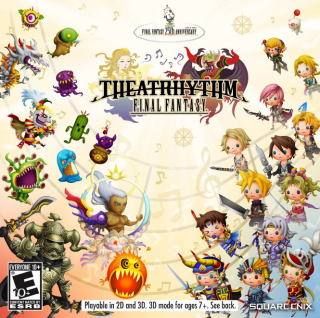
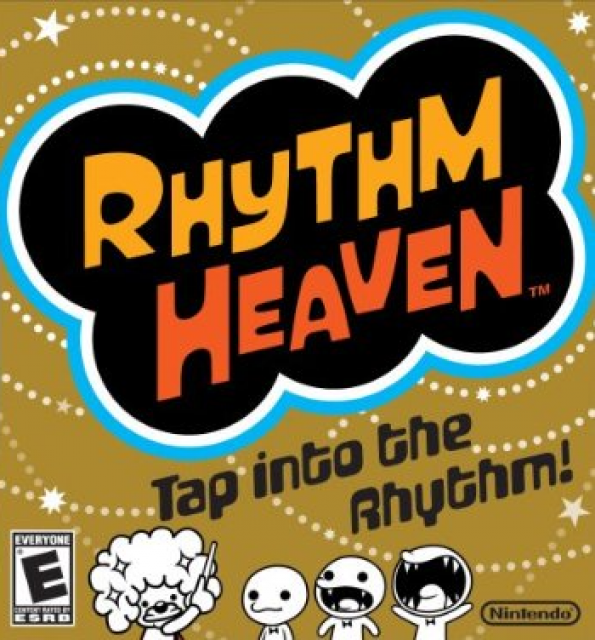
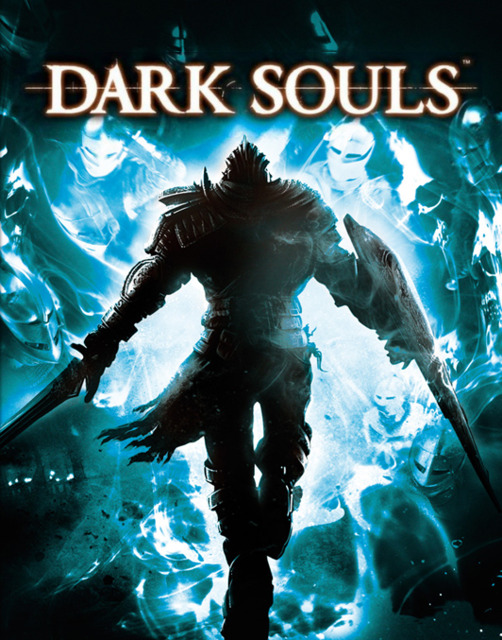
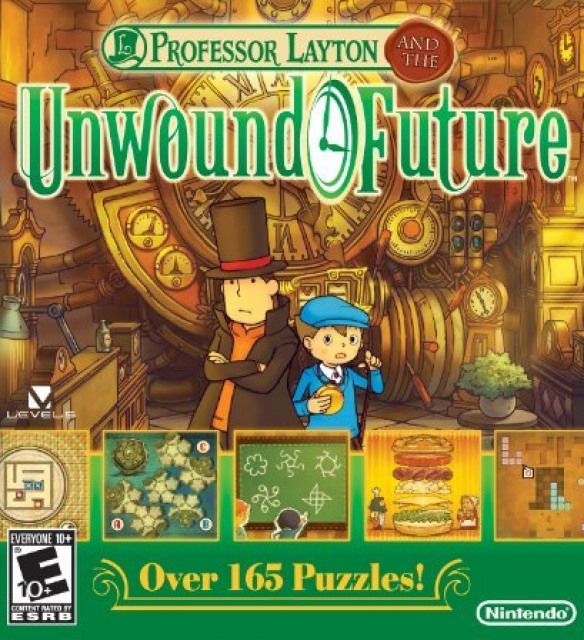
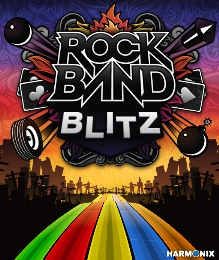
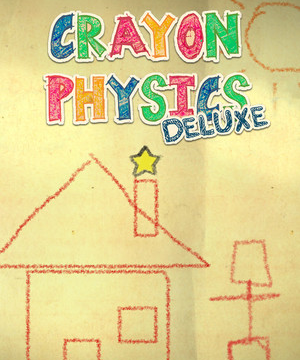
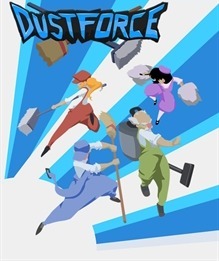
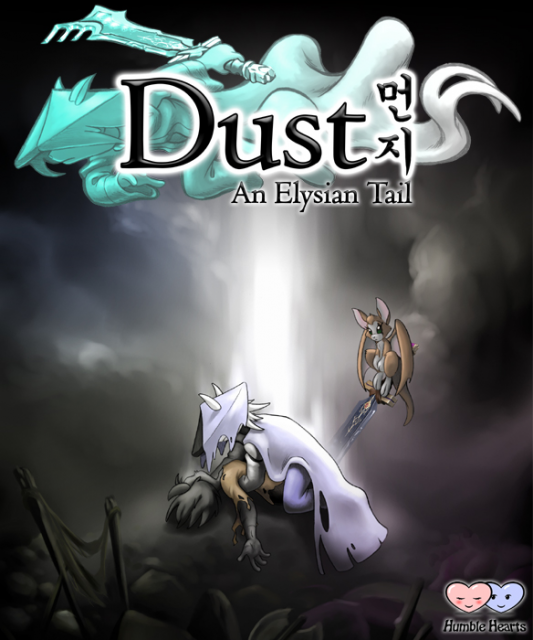
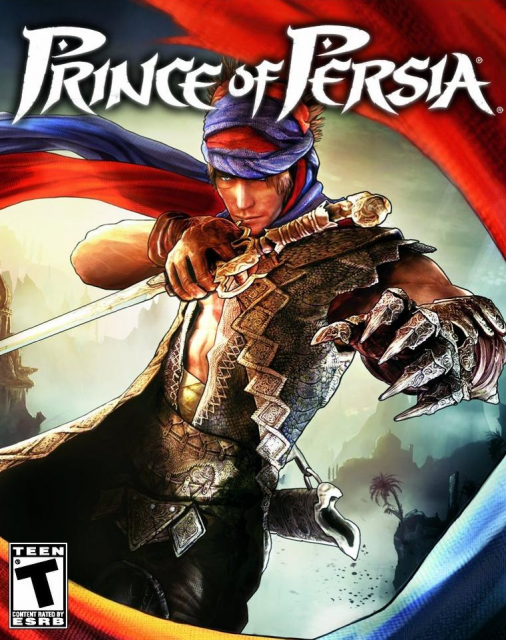
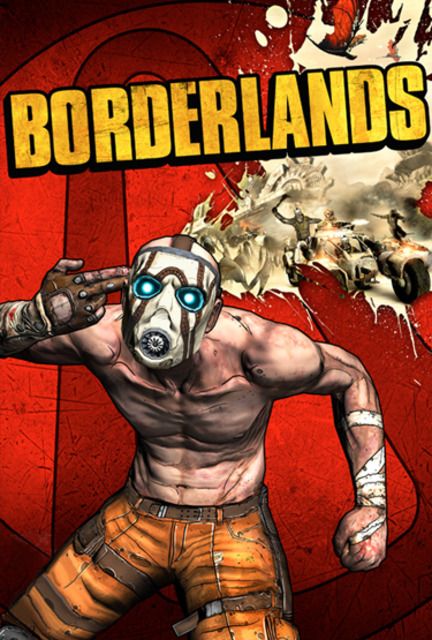
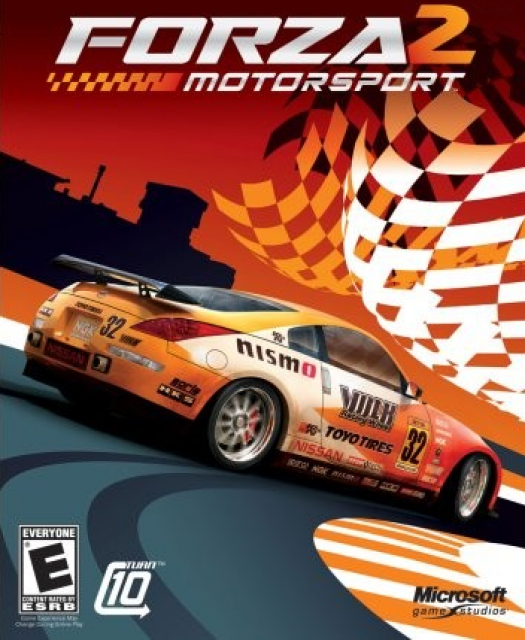
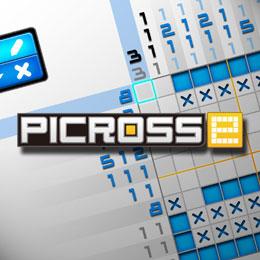
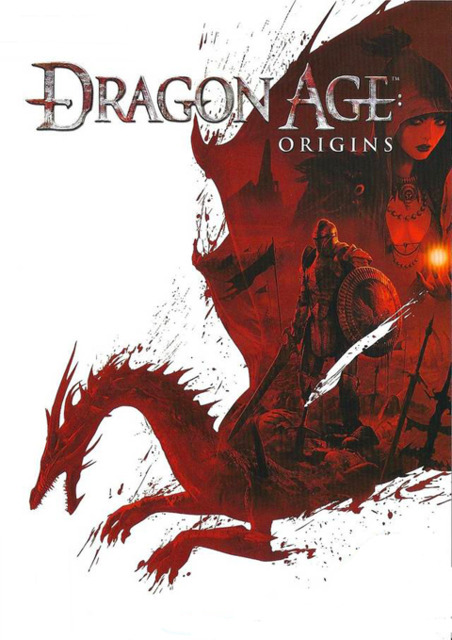
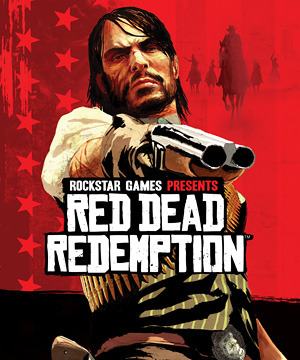
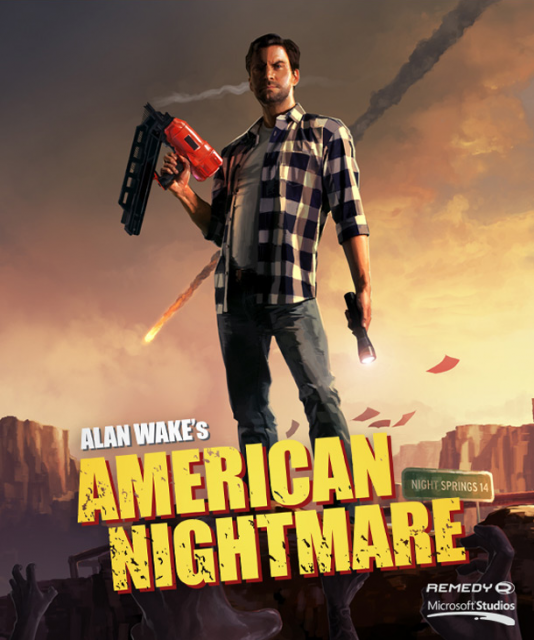
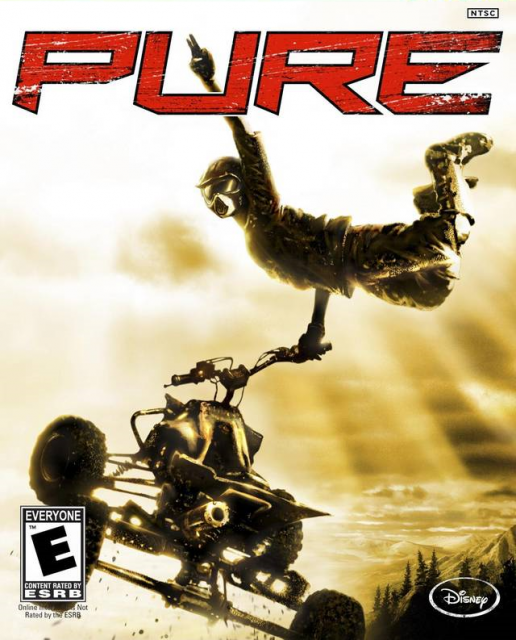
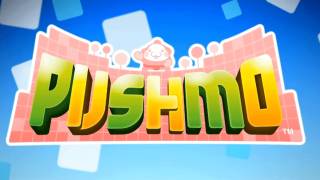
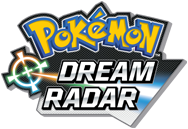
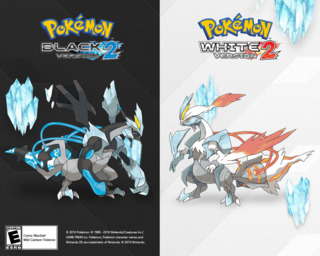
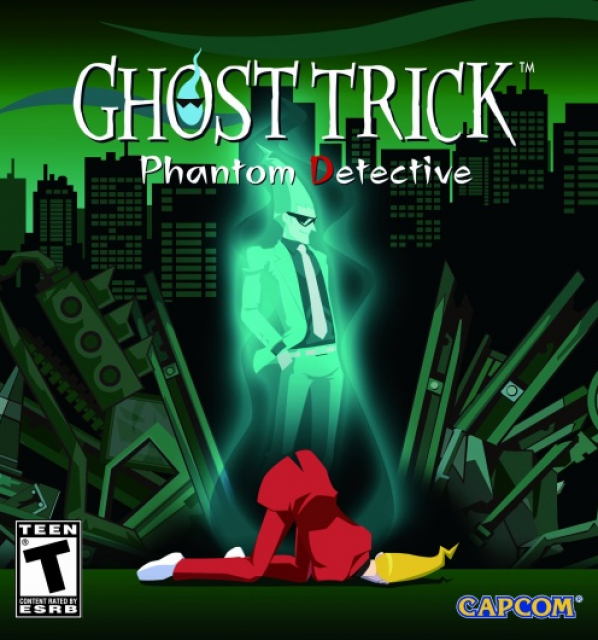
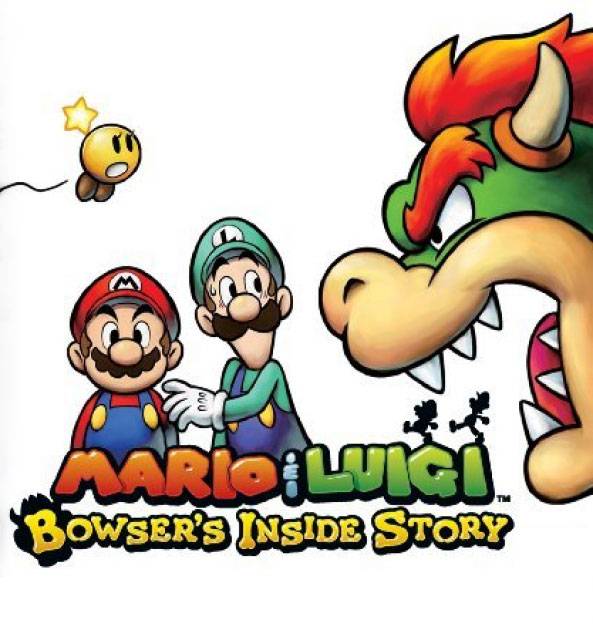
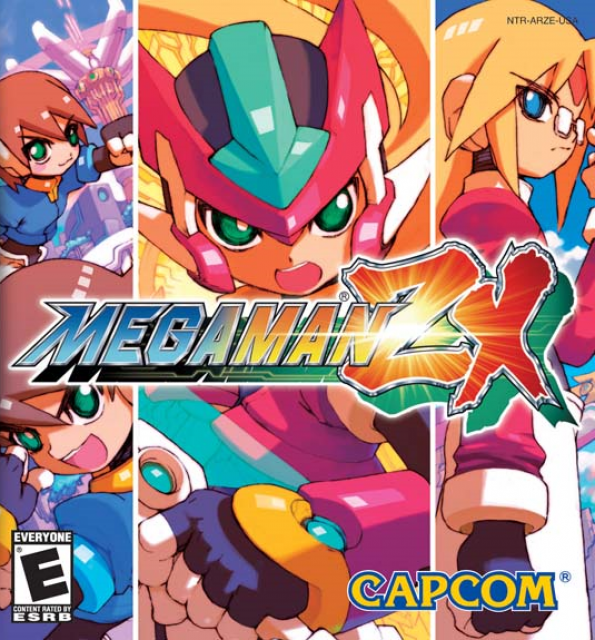
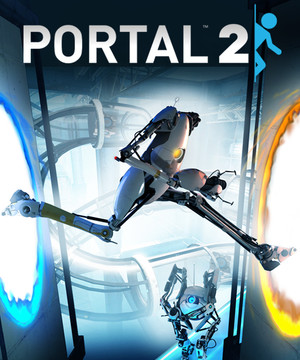
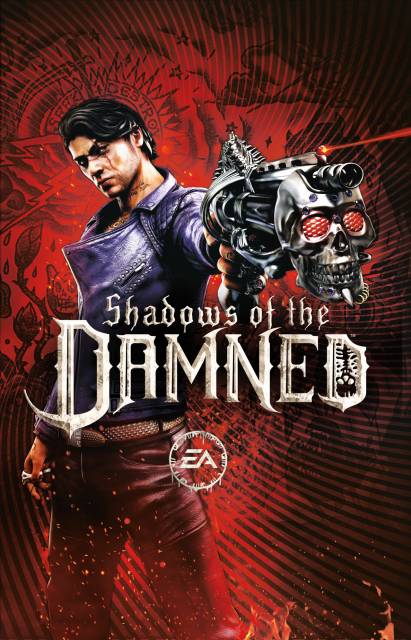
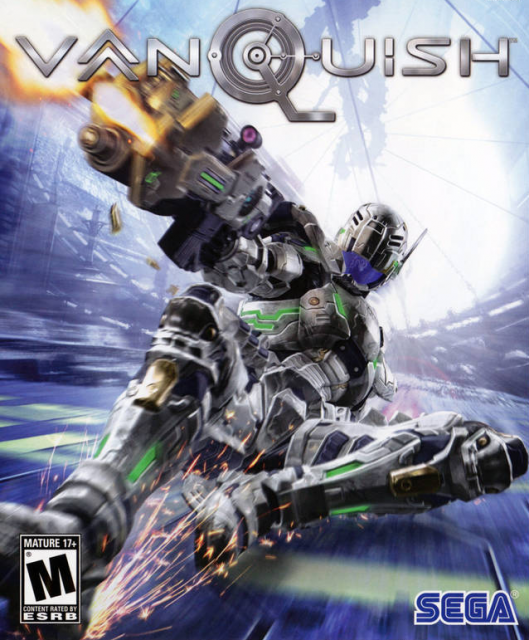
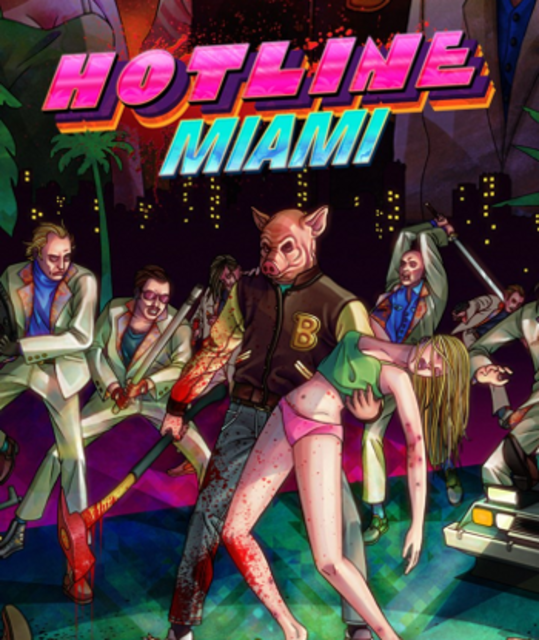
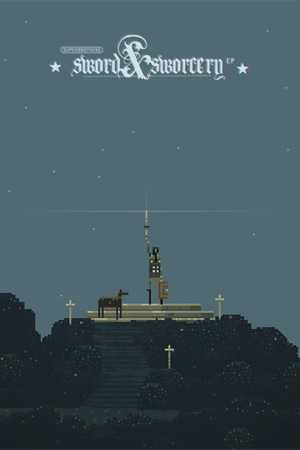
0 Comments